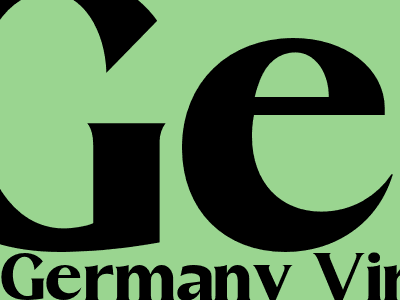
Germany's COVID-19 Response: A Comprehensive Overview
Introduction
Germany's response to the COVID-19 pandemic has garnered international attention for its efficiency and effectiveness. This article aims to provide a comprehensive overview of Germany's measures, from early containment strategies to vaccination efforts and economic support.
Early Containment and Testing
In January 2020, Germany established a National Public Health Institute to coordinate the country's response.
Widespread testing was crucial. Germany had one of the highest testing rates globally, facilitating early identification and isolation of infected individuals.
Contact Tracing and Isolation
Effective contact tracing was implemented. Trained staff interviewed infected individuals to identify close contacts, who were then tested and quarantined.
Strict isolation measures were enforced to prevent further transmission. Schools and businesses closed, and public gatherings were banned.
Healthcare System and Capacity
Germany's robust healthcare system played a vital role. Hospitals expanded capacity, increased ICU beds, and procured necessary medical equipment.
Medical professionals received timely training, and guidelines were continuously updated based on emerging evidence.
Vaccination Campaign
Germany's vaccination campaign commenced in December 2020. Priority was given to vulnerable populations and healthcare workers.
The government secured vaccine supplies from multiple manufacturers and established vaccination centers across the country.
Economic Support and Stimulus
To mitigate the economic impact of the pandemic, Germany introduced significant stimulus packages.
Wage subsidies, tax relief, and loans were provided to businesses and individuals affected by the crisis.
Public Education and Communication
Clear and comprehensive public education campaigns were launched to raise awareness and promote preventive measures.
Regular press conferences and social media campaigns provided timely updates and guidance to the population.
Challenges and Controversies
Despite Germany's overall success, there have been challenges and controversies.
Initial testing capacity was limited, leading to delays in identifying infections.
Vaccine hesitancy and anti-lockdown protests have also emerged as concerns.
Conclusion
Germany's COVID-19 response has demonstrated the importance of early action, comprehensive planning, and public cooperation.
The country's measures have been widely praised for their effectiveness in containing the virus and mitigating its societal and economic consequences.
As the pandemic continues to evolve, Germany's experience provides valuable lessons for other nations facing this unprecedented challenge.